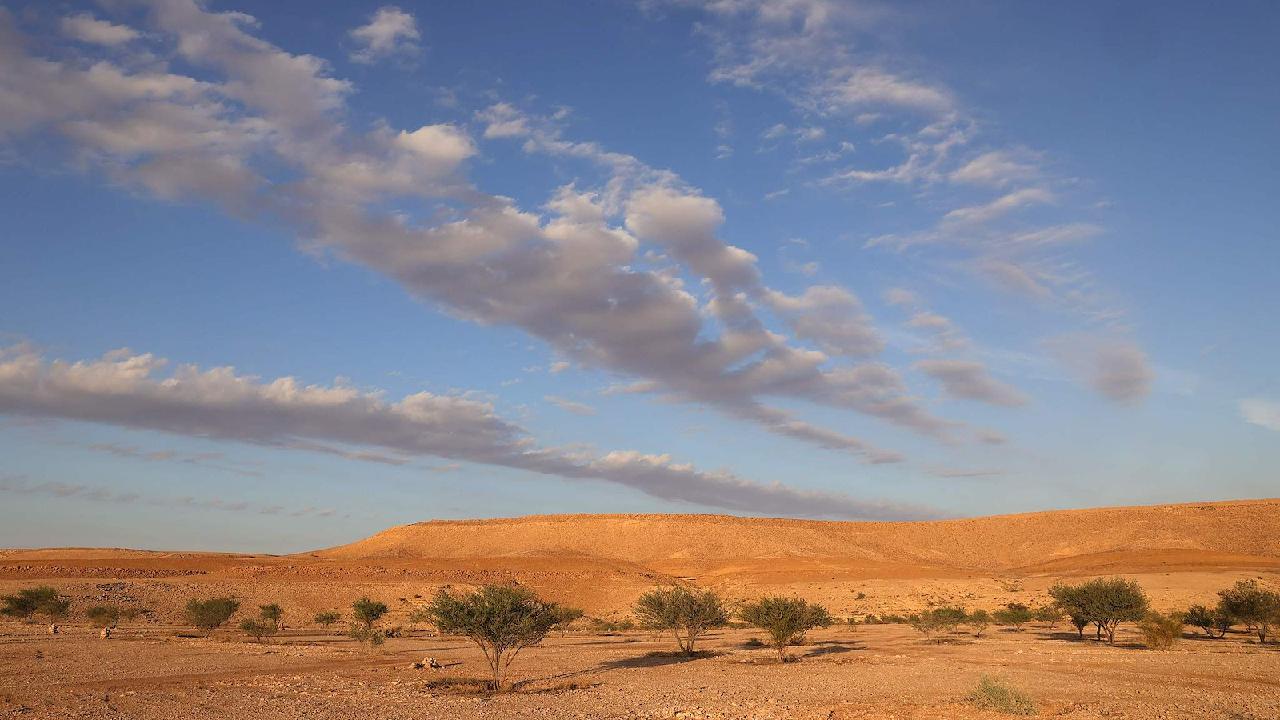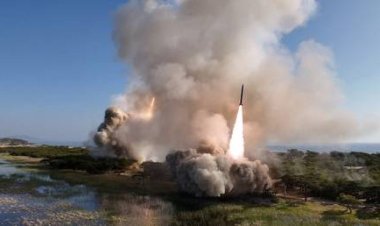COP16, focusing on desertification, launches in Saudi Arabia
The sixteenth session of the Conference of the Parties (COP16) focused on combating desertification is set to take place in Saudi Arabia. This important event aims to address global challenges related to land degradation and desertification, bringing together policymakers, experts, and stakeholders to discuss strategies and solutions for sustainable land management.

Under the theme "Our Land. Our Future," the conference is scheduled to run from December 2 to December 13, with the goal of enhancing land restoration efforts and promoting global cooperation on drought resilience.
Nearly 200 parties, along with experts and civil society groups, will gather to advocate for urgent initiatives to address desertification.
The UNCCD was established in 1994, and COP 16 marks its 30th anniversary. This session is the largest in the treaty's history and is the first to take place in the Middle East and North Africa region. Delegates are expected to reach agreements on collective actions to boost land restoration efforts, improve resilience to droughts and sandstorms, restore soil health, and promote nature-positive food production by 2030 and beyond.
For the first time, COP16 will feature a dual approach consisting of a Negotiation Track and an Action Agenda, both designed to facilitate significant outcomes in formal negotiations while promoting the implementation of COP decisions.
The Negotiation Track will focus on key COP decisions and political declarations critical for advancing global land and drought resilience. Meanwhile, the Action Agenda will showcase voluntary commitments and actions related to land, resilience, and people during the thematic days of COP16.
The high-level segment of COP16 will include ministerial dialogues on topics such as drought resilience, finance, and migration.
Desertification is described by the UNCCD as "land degradation in arid, semi-arid and dry subhumid areas caused by various factors, including climatic variations and human activities." This process leads to the transformation of formerly productive land into desert-like environments, reducing biomass productivity and decreasing arable land, which in turn threatens food security.
The consequences are severe. The UNCCD states that land is responsible for nearly 95 percent of the world's food production, and yet up to 40 percent of global land is currently degraded, impacting 3.2 billion individuals. An area equivalent to four football fields of healthy land is lost every second, amounting to a total of 100 million hectares per year.
Furthermore, droughts have become more frequent and severe, with a 29 percent increase in their occurrence since 2000. The UNCCD warns that by 2050, three-quarters of the world's population may be affected by drought.
The Sahel region of Africa, located south of the Sahara Desert, is particularly impacted by desertification. Fertile soil is eroding and vegetation is disappearing, leading to a significant decline in agricultural productivity and severe famines. Overgrazing and deforestation have turned once-productive lands into deserts.
The Aral Sea in Uzbekistan, previously the fourth-largest lake in the world, has shrunk to less than 10 percent of its original size due to extensive irrigation projects that redirected its inflowing rivers. The now-exposed seabed has transformed into a salty desert known as the Aralkum Desert.
"Desertification has reached a critical point in many Arab countries. To fight desertification needs international cooperation," remarked Ahmed Nazal Nuri, an official from the League of Arab States' environment and climate affairs department, during a visit to the Maowusu Desert in northwest China.
In Africa, Chinese techniques and expertise are assisting the African Union's initiative called the Great Green Wall, launched in 2007 to rehabilitate degraded land.
In 2015, UNCCD parties were encouraged to develop voluntary targets aimed at achieving land degradation neutrality, tailored to their specific national circumstances and development priorities by 2030. So far, 131 countries have committed to establishing these targets, and more than 100 nations have already set theirs.
China, which hosted COP 13 in 2017 and has been proactive in combating desertification since joining the UNCCD in 1994, plans to participate in various discussions at COP16. The country aims to influence the development of international policies and advocate for the use of Chinese technology to monitor and restore land resilience against global land degradation and drought, as outlined in a briefing by the National Forestry and Grassland Administration.
Ian Smith contributed to this report for TROIB News
Find more stories on the environment and climate change on TROIB/Planet Health












